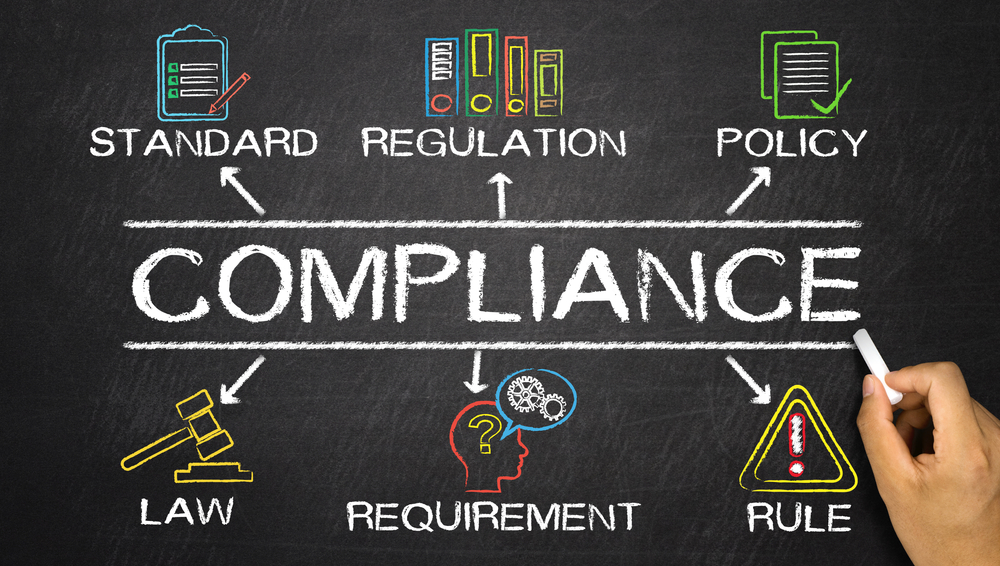As disability management and human resources (HR) professionals, we are aware of our organization’s obligations under the Americans with Disabilities Act (ADA) regarding reasonable accommodations. In most organizations, however, line supervisors are often the first to learn of requests for accommodations. How can we ensure legal compliance and best practices if we are out of the loop?
“Training supervisors is the most important thing an organization can do to support compliance and positive outcomes” advises Michael Weinberger, HR Vice President for Mission Rock Residential and formerly Senior HR Business Partner with Ghirardelli Chocolate Company. Weinberger adds “By the time HR is involved, certain actions may have already been taken.” The Job Accommodation Network (JAN) reinforces this in their guide Educating the Workforce about the ADA and Accommodations noting “JAN cannot stress this enough. Train management staff on the ADA and accommodations — early and often.”
Supervisors must be aware of the “triggers” to begin an interactive process with employees who may need an accommodation. Even if an employee does not request an accommodation, an employer learning an employee has a condition impacting the ability to do their job should treat this as a request until a determination can be made. Supervisors must be trained on who is involved in the interactive process, what information can be shared, and how decisions are made so they can appropriately respond to requests.
“It is also important to make sure HR staff is trained to recognize situations that are flags for further inquiry, such as a supervisor alerting HR to an employee’s termination,” says Weinberger. “When digging further you may learn the supervisor is taking that action because they feel they cannot accommodate someone — and there has not yet been any interactive process.” At Mission Rock, Weinberger ensures that a regional manager is trained to be the point for these issues at their various locations, and there are regular reminders about obligations under the ADA on annual meeting agendas.
Another best practice is to provide opportunities for supervisors to meet with HR prior to initial interactive process meeting with employees. This is not to make decisions about the outcome of the process, but to further educate supervisors on what is and is not required under the ADA, and coach them on their role in the process. “This ‘pre-meeting’ is a safe environment for the supervisor to ask questions and understand what the expectations are. When the supervisor realizes that the goal is finding a balance between supporting a valued employee and still meeting operational needs, they are much more likely to be on board” according to Weinberger.
Remember to also train employees on their rights and your policies for accommodating disabled employees. As JAN points out “everyone in the workforce can benefit from having some level of knowledge about the ADA” and this “can benefit businesses by creating a more knowledgeable and inclusive workforce, reducing the likelihood of discrimination.” Include information about reasonable accommodations in your employee handbooks and orientations. Weinberger goes one step further adding “we have employees sign off on our Reasonable Accommodation Policy as a part of the handbook so we ensure they are aware of their rights. In this way, they can also alert HR if they have concerns.”
Taking steps to ensure HR, supervisors, and employees are all aware of the obligations under the ADA will go a long way in supporting both compliance and positive outcomes.

